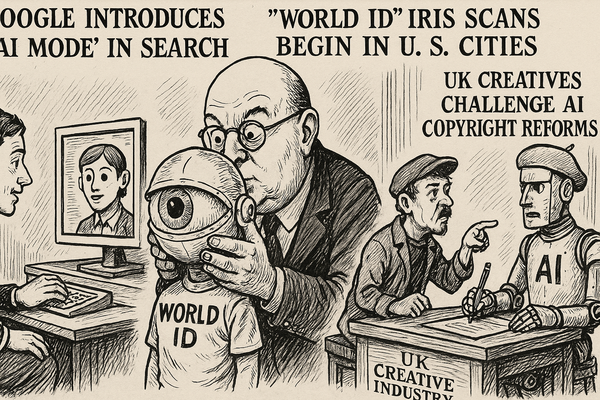Ai News, July 18th, 2024

Here is the latest AI tech news from July 18th:
- Advancements in Generative AI:
- GPT-4o Mini: OpenAI announced the launch of GPT-4o mini, a cost-efficient intelligence model designed to offer advanced capabilities while optimizing resource use. This model aims to make high-quality AI accessible to a broader audience by reducing operational costs (Future AI Tools).
- Next-Generation AI Models: The World Economic Forum highlighted the ongoing development of next-generation generative AI models, such as ChatGPT 5 and Llama 3. These models aim to expand their applications beyond simple chatbots to more complex tasks, incorporating multimodal capabilities that allow processing of text, speech, images, and videos. Efforts are also focused on reducing biases and improving reasoning and planning abilities (World Economic Forum).
- AI in Healthcare:
- AI Integration in Health Systems: A health system in the US has reported success in integrating generative AI into their operations, particularly in easing change management processes for physicians. This initiative includes embedding AI tools to enhance healthcare delivery and operational efficiency (Becker's Hospital Review).
- Economic Impact of AI:
- Increased AI Investment: According to a McKinsey report, industries are increasingly investing in generative AI (gen AI) and analytical AI, with significant budgets allocated to these technologies. These investments are leading to cost reductions in human resources and revenue increases in supply chain management and marketing. However, businesses are also becoming more aware of the risks associated with AI, such as inaccuracies, data privacy issues, and intellectual property concerns (McKinsey & Company).
These updates reflect the dynamic advancements and challenges in the AI landscape, highlighting the continuous efforts to enhance AI capabilities while addressing ethical and practical concerns. For more detailed information, you can explore the sources from OpenAI, the World Economic Forum, and McKinsey.




